A post-script
I AM grateful for the varied ways in which some of the themes I set out in my address were commented on and picked up in other sessions and discussion. I offered two reflections at the end of the day.
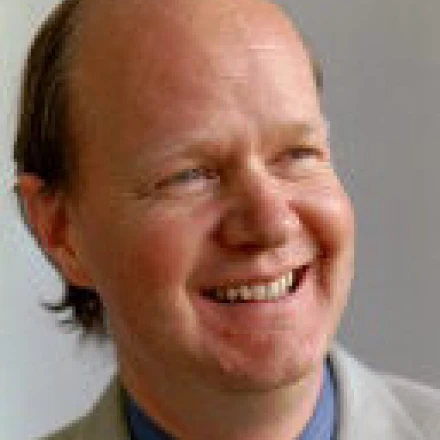
Editorial
WHAT is the Spirit saying to the Church? The question was constantly repeated at this year’s ‘Developing Ministry’ Colloquium. Less heard were the questions: And are we listening? And if so, what are we doing about it?
Facing up to facts is not yet spiritual discernment, but it’s a helpful staging post on the way. Among the challenging facts of today: church-going is seriously in decline; unbelief is rising; there is too much clergy breakdown and too few new vocations; rural parishes are inadequately serviced; and for all our talk about collaborative, lay- inclusive, ministry, our inherited structures inhibit it and clergy tend to resist it, to resist even sharing with each other.Our keynote speaker, Canon Dr David Hewlett, not only made sure we faced up to these facts; he also warned us not to expect to overcome them by fiddling with administrative detail. Ordained Local Ministry, for instance, would not get us out of trouble if we regarded it simply as a parochial gap-filler. Unless rooted in a new, more inclusive understanding of the Church’s ministry, it would fail in Ireland just as it largely had in England.Bishop Michael Burrows, who chaired the Colloquium, gave voice to his hope that out of the rich pooling of ideas and experience that day there would emerge ‘two or three hatchable eggs’ to enrich and even transform the life of the Church. But he also took to heart David Hewlett’s warning that a certain death had to precede any sort of resurrection, and that the Spirit might be telling us to let go old ways that now obstructed the future of the Church.The areas of vocational discernment, selection for ordination, appropriate ministerial training, and post-ordination deployment and spiritual support were all covered in the sessions following the keynote address. Some occasioned some lively, even adversarial comment. All are crucial to the Church’s future, and all require us to listen to the leading of the Spirit. Hopefully the eggs are now gestating in response to a willingness to let go ancient assumptions and become the Church for today and tomorrow. Readers are invited to share in the Colloquium thinking, and to share your thoughts with us.
I AM grateful for the varied ways in which some of the themes I set out in my address were commented on and picked up in other sessions and discussion. I offered two reflections at the end of the day.

Of the panel chaired by William Olhausen, Willie Nixon, warden of readers for Down and Dromore and rector of Drumbeg, was first on his feet:

THE DEPLOYMENT of clergy is a key area that should demand our full attention. Here are a few thoughts for consideration.
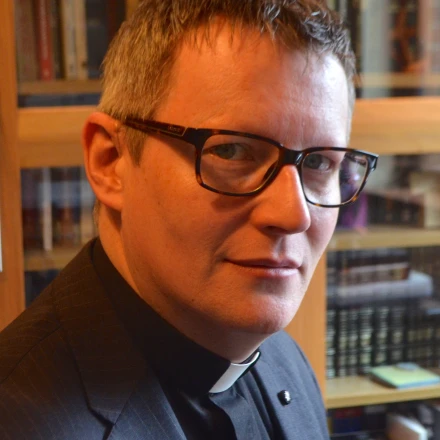
THE SEARCH Colloquium fulfilled many of the aims of a good conference. It was a large and convivial gathering of people from all over Ireland (and beyond), and there was a rich pooling of experiences and ideas, enriched by useful contributions from the floor. The keynote speaker, David Hewlett, spoke with typical flair, empathy and courage – truly setting the tone of the event and proving himself yet again to be one of the finest critical friends available to us in the Church of Ireland.
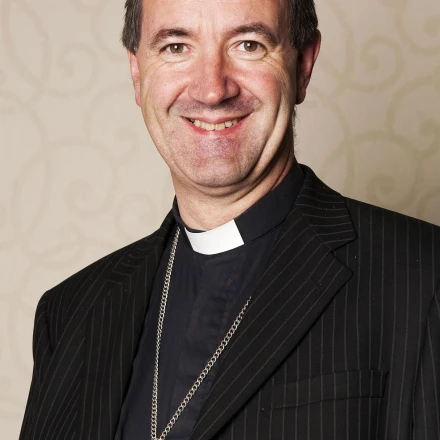
SOME years ago for Search Canon Maurice Elliott wrote an article for Search entitled, ‘Self-Care for Clergy: Theory and Practice’. It was subsequently reprinted as an Appendix to the 2013 Report of the Commission on Ministry to that year’s General Synod. Unfortunately, to my mind it didn’t get the attention that it deserved or the topic merited. In it he argued that ordination should lead to a, ‘way of life that is God given, Christ-centred, spirit-enabled and ecclesially sanctioned’ – a joyful experience in short; but for many too often it ends in misery with a sense of being abandoned by the Church through lack of support and resources.
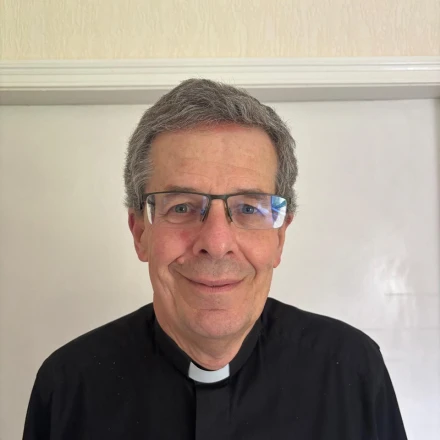
IT IS appropriate that the Director of CITI has spoken of the training he and his staff are providing in Braemor Park. My task is to speak of the additional training available to members of the Church of Ireland offering themselves for ministry at other levels. I have been asked to speak as the Joint-Chair of the OLM Oversight Committee and will address training for that particular ministry. I am also Chair of the Wardens of Readers and of the Pioneer Working Group, so I want briefly to begin by adding a little on these.

BISHOP Walton Empey once said at the Fellowship of Vocation Group 7 years ago that ‘Vocation is not necessarily a Damascus Road revelation in the life of an individual, but rather a series of events or milestones within his or her life that point that person in one particular direction.’ This is true of my own experience. Beginning my life in a strong and faithful Church of Ireland family, my belief in God was handed down to me by my father, who by his life and faithfulness inspired my relationship with God. God was Father to me as a small child, afraid of the darkness; God was Son to me as Jesus of Nazareth won my heart as a vulnerable teenager and spoke words that made complete sense to me. God as Spirit has guided me through the process of the past 8 years and has opened doors and closed some when necessary. It is about these doors and this process of training that I now speak.

‘CITI is responsible to the bishops for ministerial formation and lay training within the life of the Church of Ireland. Under God the Institute seeks to be a learning environment that embodies the values of Christian discipleship and community.’ These words from the Theological Institute website capture an overall sense of our core purpose and ethos. All training pathways are for the furtherance of episcopally-sanctioned and gospel-focused ministry, and in turn, all such ministry must be grounded in, and develop from, personal faith commitment, appropriately nurtured vocation and a demonstrable response to Christ’s command to share the good news.
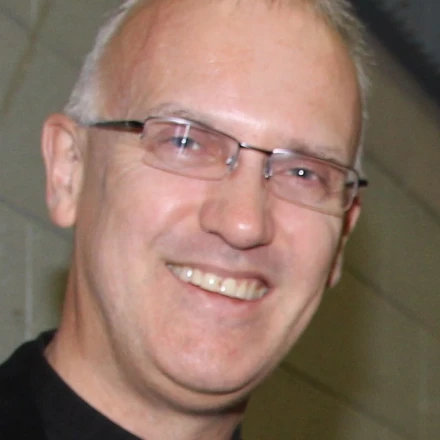
AS VIEWED from England, there are seismic changes taking place in Irish society and life that both directly involve the Church and indirectly impact on it. I hope a ‘critical friend’ can name at least some of those and help you reflect on your responses to them. Even or especially when those changes are difficult and painful, with falling congregations, an absence of young people, and unviable churches in some rural areas, I hope we can ask what the Spirit might be saying to the Church.
